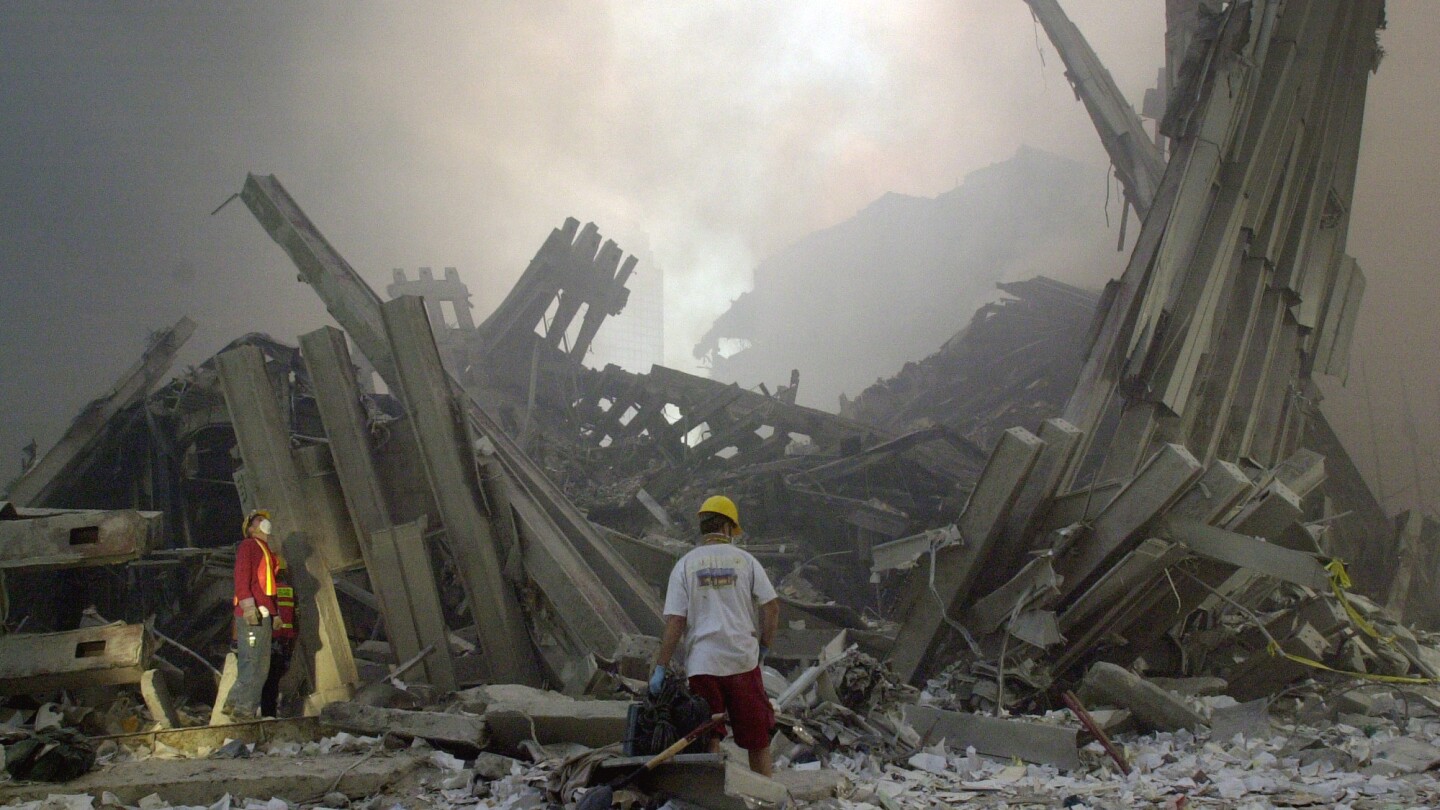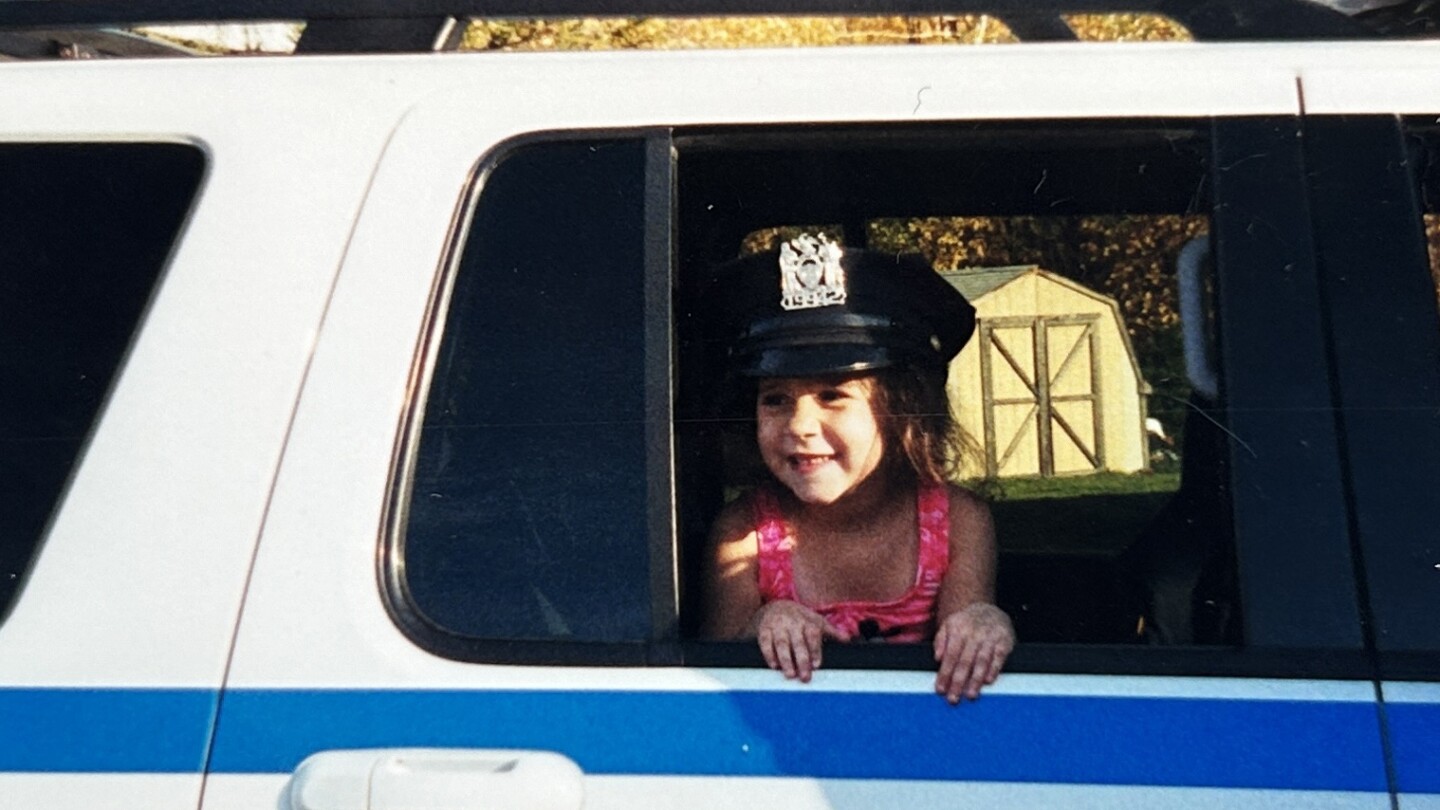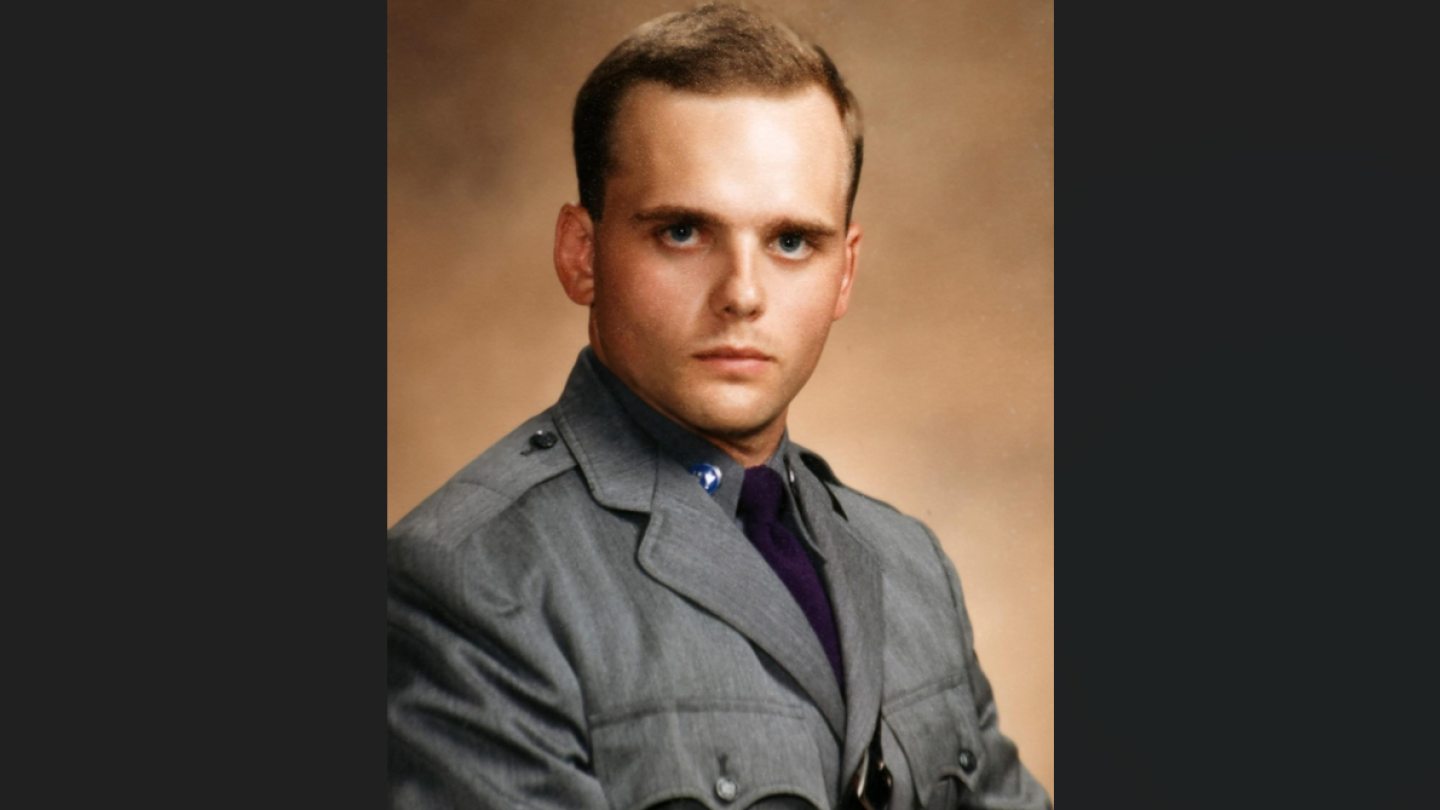On September 11, 2001, terrorists used hijacked airplanes as weapons to attack the United States. Two planes hit the World Trade Center towers in New York City. One plane flew into the side of the Pentagon. A fourth plane crashed in a Pennsylvania field after passengers stormed the cockpit. Nearly 3,000 people died in the attack.
Thousands of first responders answered the call that day to search for survivors amid the rubble, smoke and debris, with 343 firefighters ultimately perishing in the collapse of the Twin Towers and countless more succumbing to 9/11-related illnesses from working at Ground Zero.
Use this resource page to learn about developments in healthcare protections for 9/11 first responders, read the experiences of those who were there and stay current on counter-terrorism priorities for law enforcement.
- 10 years after 9/11: Good versus evil on September 11th
- U.S. marks 22 years since 9/11, from ground zero to Alaska
- ‘It wasn’t the same after 9/11': How becoming a cop saved an FDNY firefighter’s life
- NY police dedicate new Marine Bureau boat to fallen ‘9/11 heroes’
- Light through the darkness: Lessons from a 9/11 survivor


















